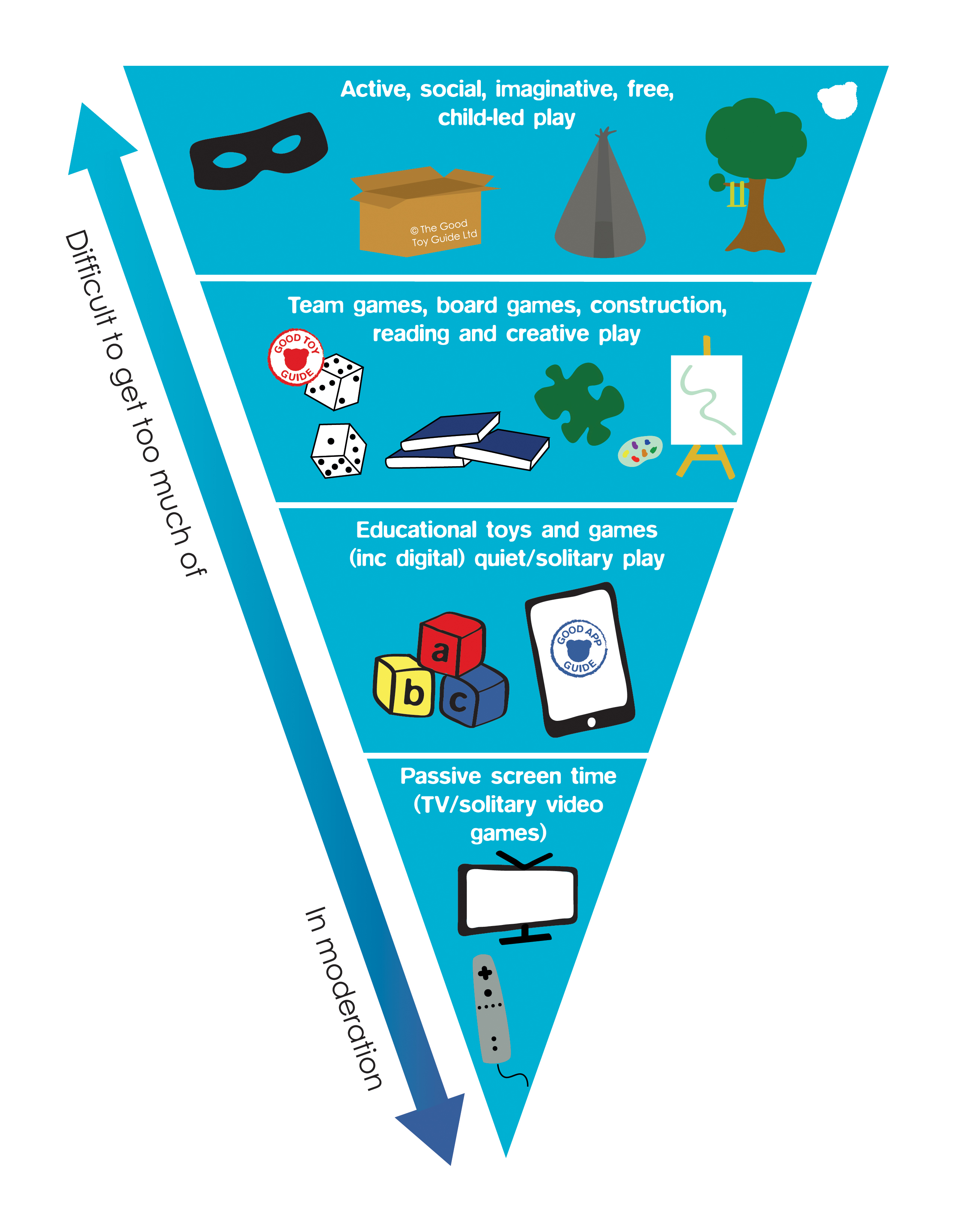Why Board Games and Card Games are Important for Playtime
by Anna Taylor View Bio
Anna Taylor (BSc Psychology) is a researcher at Dr Gummer's Good Play Guide, an organization dedicated to helping to make the world more playful. She specializes in child development through play and has over five years of experience in the toy and children’s media industries. Anna has supported a range of clients including BBC Children in Need, The Toy Association, and the European Balloon and Party Council.
-
In addition to getting the family together there are many developmental benefits of playing board games and card games. Here are just a few:
- By finding games that interest your child, you can help them get that healthy balance between games and all the other types of play, encouraging well-rounded development.
- Often adult-led, board and card games are a wonderful way for children to rehearse social skills through play. It is crucial to choose age-appropriate games, as children of this age have short attention spans and are still learning to manage their emotions when they lose.
- Fast-paced, luck-based games with a focus on fun can be a great way of getting children to play with others - particularly older siblings, parents, aunts, uncles and grandparents. As well as learning how to take turns, children can begin to develop an understanding of friendly competition.
Board and card games are an excellent way for children to have fun with their family, while also developing the social skills that are key during the early years, for becoming ‘school-ready’ and beyond.
As their understanding of sharing is still improving, children of this age can have trouble handling their emotions and behavior when playing with their peers. So, games that encourage children to take turns - with a relatively fast pace to hold their attention while waiting their turn - can help to develop these important social skills.
Games can also be an excellent way to introduce children to some basic concepts before they reach schools, such as numbers and letters. Mastering new skills like this can help children tackle new topics with confidence later on.
Despite all these advantages, our recent survey of 840 parents (in partnership with The Genius of Play) has shown that toddlers and preschoolers aren’t playing enough board or card games.
The research, which compared children’s reported play habits with the balance recommended by Dr Amanda Gummer’s Balanced Play Pyramid, found that almost two thirds (60%) children aged one to four don’t spend enough time playing games.

Each type of play has different benefits for your child’s development.
For example, imaginative play is great for creativity, and puzzles help to develop logical thinking skills. Because of this, children benefit from getting a good balance of all the different types of play, as shown in the Play Pyramid.
Board and card games are a key part of the play pyramid, along with other types of structured social play, and creative play. This means that for well-rounded development, children will ideally spend more time doing these activities than playing alone, watching TV, or using apps.
So how do you get more games into your child’s playtime? It’s important to carefully choose a few high-quality games that can be enjoyed and cherished throughout their early years.
Whether you’re struggling to find the time to play games with your little one, or can’t find something to grab their attention, here are three key things to look for when choosing games for toddlers and preschoolers:
1. The game can be made easier or harder.
Although most packaging has an age recommendation on it, children’s abilities - and attention spans! - always vary so much, so this may not always be accurate.
The best games for this age group can, therefore, be simplified when your child is starting out and made more challenging as they become more confident.
2. The game can be played alone or with others.
Some young children are receptive to a bit of friendly competition, others…not so much! This needn’t put you off playing games with your little one though, because a gentle introduction to winning and losing respectfully will come in useful later on when they need to solve disputes with their peers in school.
When buying a first board or card game, something that can be played alone or cooperatively is a great way for your child to learn about friendly competition gradually.
Older children may enjoy competing against you, and this is the perfect opportunity to show them that failure is not something to be feared. If you lose to them, by modelling a positive reaction, they can learn how to win and lose respectfully in the future.
3. The game can be used to start a discussion.
One of the best ways to engage children in an activity is to get them talking about it and relating it to things in their day-to-day life.
This discussion can help keep your child focused on the activity for longer, improving their concentration skills. It’s also wonderful for developing communication and language skills too.
Some other popular themes for this age group include animals and vehicles - but anything your child is enthusiastic about can be a great conversation starter.
Board and card games are a key part of the play pyramid, along with other types of structured social play, and creative play. This means that for well-rounded development, children will ideally spend more time doing these activities than playing alone, watching TV, or using apps.